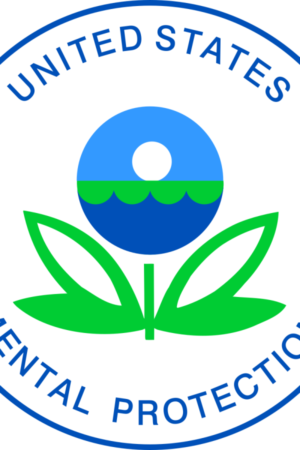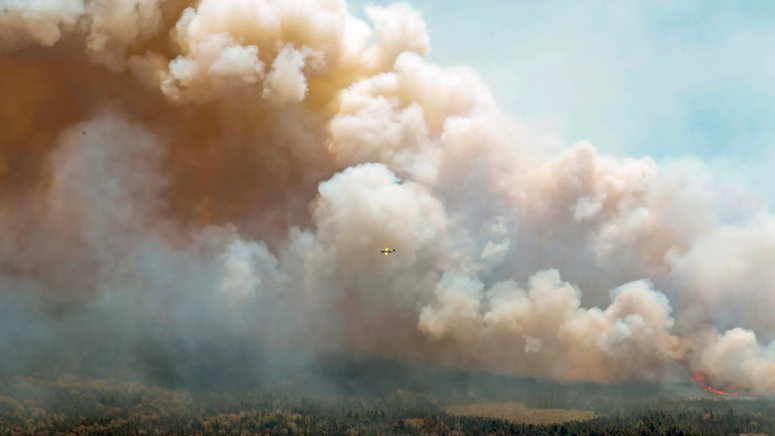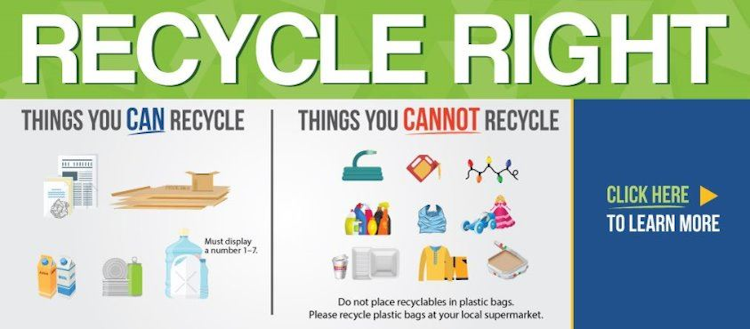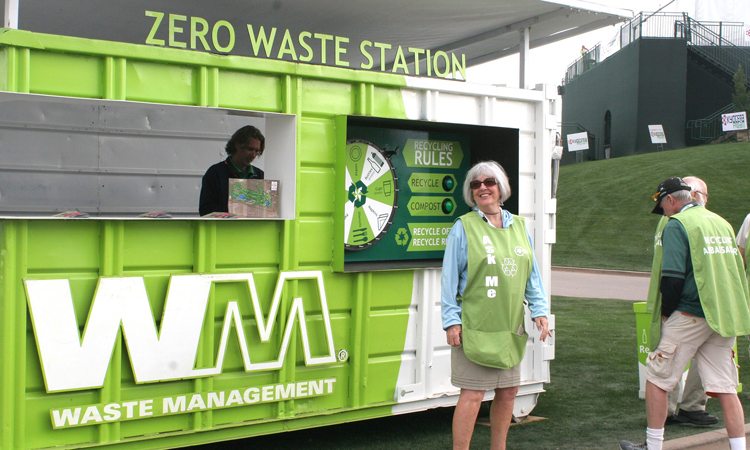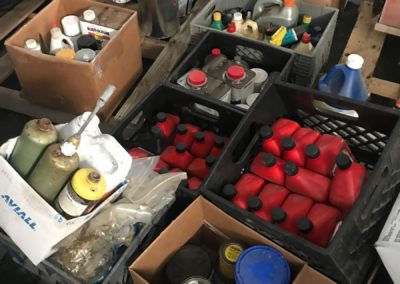What is visual Pollution
Visual pollution is a matter of taste. It is caused by pollution to the eyes that makes it hard to enjoy a view or vista. The term is used for a wide range of things, including visibility and the ability to see faraway things.
It also refers to the more subjective problem of visual clutter, which includes structures that get in the way of “pretty” scenes, and also graffiti & other forms of visual defacement.
Visibility is how far & how well people could see into the location anywhere in Alabama or elsewhere in the United States. Haze as well makes it hard to see. It happens when pollution particles like sulphates, nitrates, organic carbon substances, soot, & soil dust absorb or scatter light. Haze is also caused by nitrogen dioxide & other pollution gases.
Visual pollution in Alabama
When it’s humid in the summer in Huntsville for example, said haze gets worse because sulphate and other particles soak up water and get bigger. The more light a particle scatters, the bigger it is. Haze is most noticeable as brownish-grey cloud floating over cities, but also hides many beautiful views in U.S. national parks.
On a clear day, you can see up to 199 miles at Acadia National Park in Maine. On a foggy day, you might only be able to see 30 miles. At Grand Canyon National Park, the haze got so bad that people couldn’t see across the 10 mile wide canyon when it was at its worst. People thought that pollution coming from the Navajo Electricity Generating Station, a huge coal-fired power plant about 80 kilometers north of the Grand Canyon, caused canyon haze.
In 1985, scientists at Colorado State University put deuterium that contained methane into the smoke from the power plant. Most of the time, deuterium is not in the air. Scientists were able to display that the plant has responsible for a lot of the canyon haze after monitors found deuterium in the canyon air. As a result, Navajo’s holders agreed to cut Sulphur dioxide emissions by 90% by 1999. This was a very important settlement.
Pollution that causes haze comes mostly from utility boilers and cars and trucks, and bad waste management practices. Because pollution and humidity are worse on the east coast of the United States, haze is a bigger problem there. Visibility pollution which causes haze can travel 1000s of miles, and states need to work together to improve regional visibility.
According to pollution experts at Dumpster Rental Near Me Huntsville, haze comes from events like forest fire smoke, dust blown by the wind, burning wood and industrial pollution in Alabama. Pollutants which cause haze are also bad for health because they often make it hard for people and other animals to breathe. Controls that are meant to cut down on pollution from cars and smokestacks will also cut down on visual pollution.
Also, the U.S. Environmental Protection Agency (EPA) had made rules about regional haze that require states to set goals and strategies and work together in geographic groups to improve visibility in 156 national parks & wilderness areas.
Billboards, electric lines, cell towers, and even ugly buildings can all be seen as a visual blight as well. It’s up to the beholder. A well-placed billboard may look beautiful to a businessman. But it is visual pollution for the traveler who can’t see the rolling hills & the quaint village.
In some communities, electric and phone lines are buried because people don’t like how they look. Cell towers, which are needed for cellular phone service, are at the center of the latest battle against visual pollution. One answer is to make cell towers look like trees or cacti. Graffiti is a type of urban visual blight that is made up of spray-painted names and messages. Trying to stop graffiti by not letting kids buy spray paint hasn’t worked very well.





